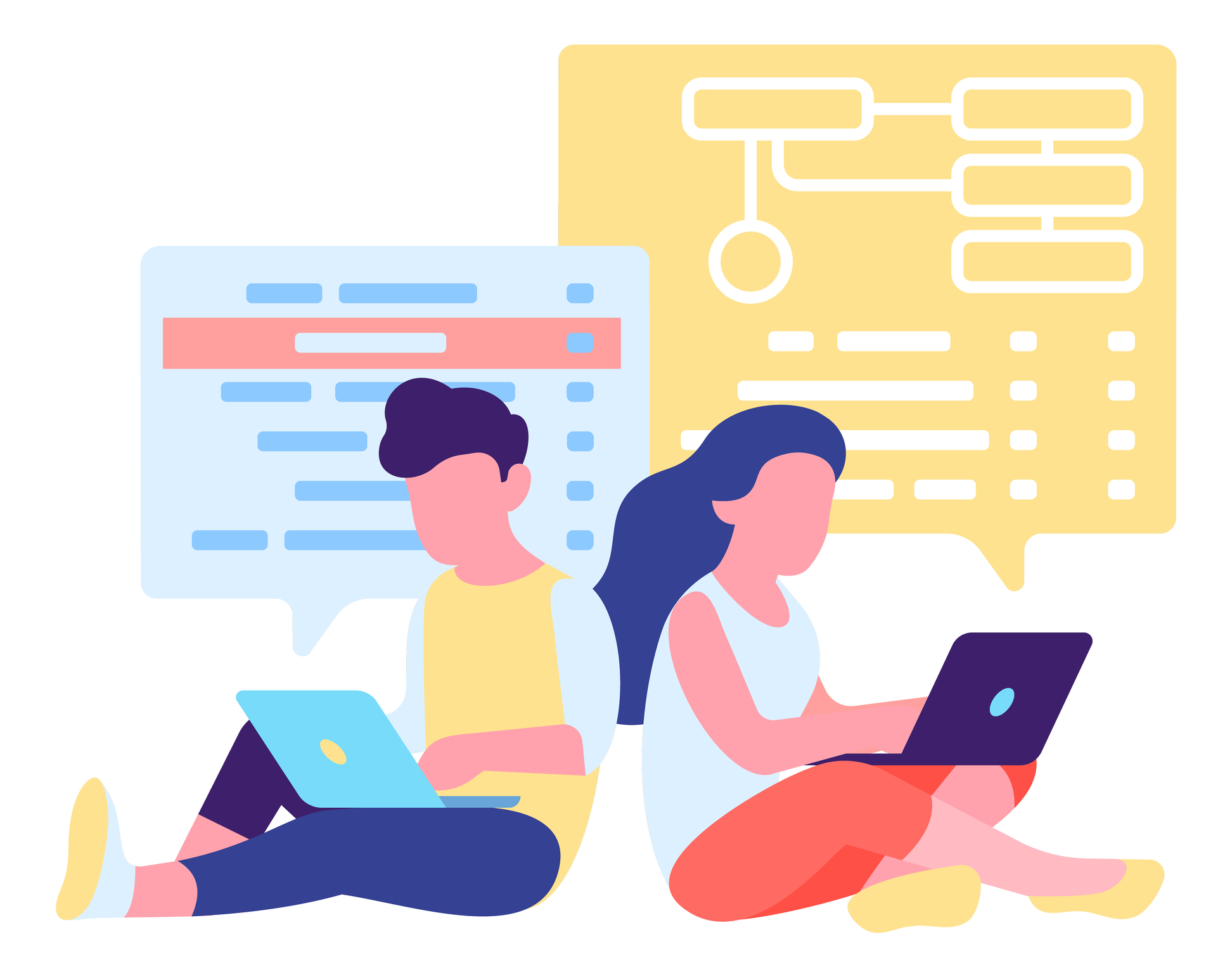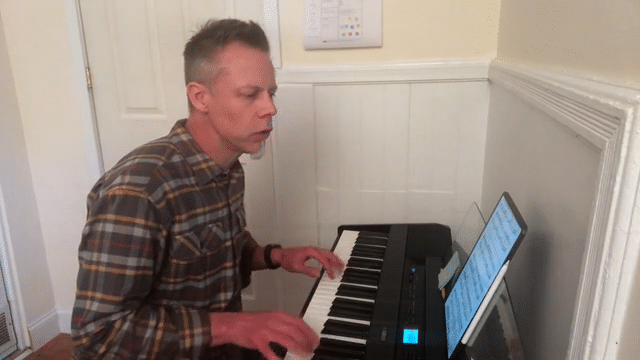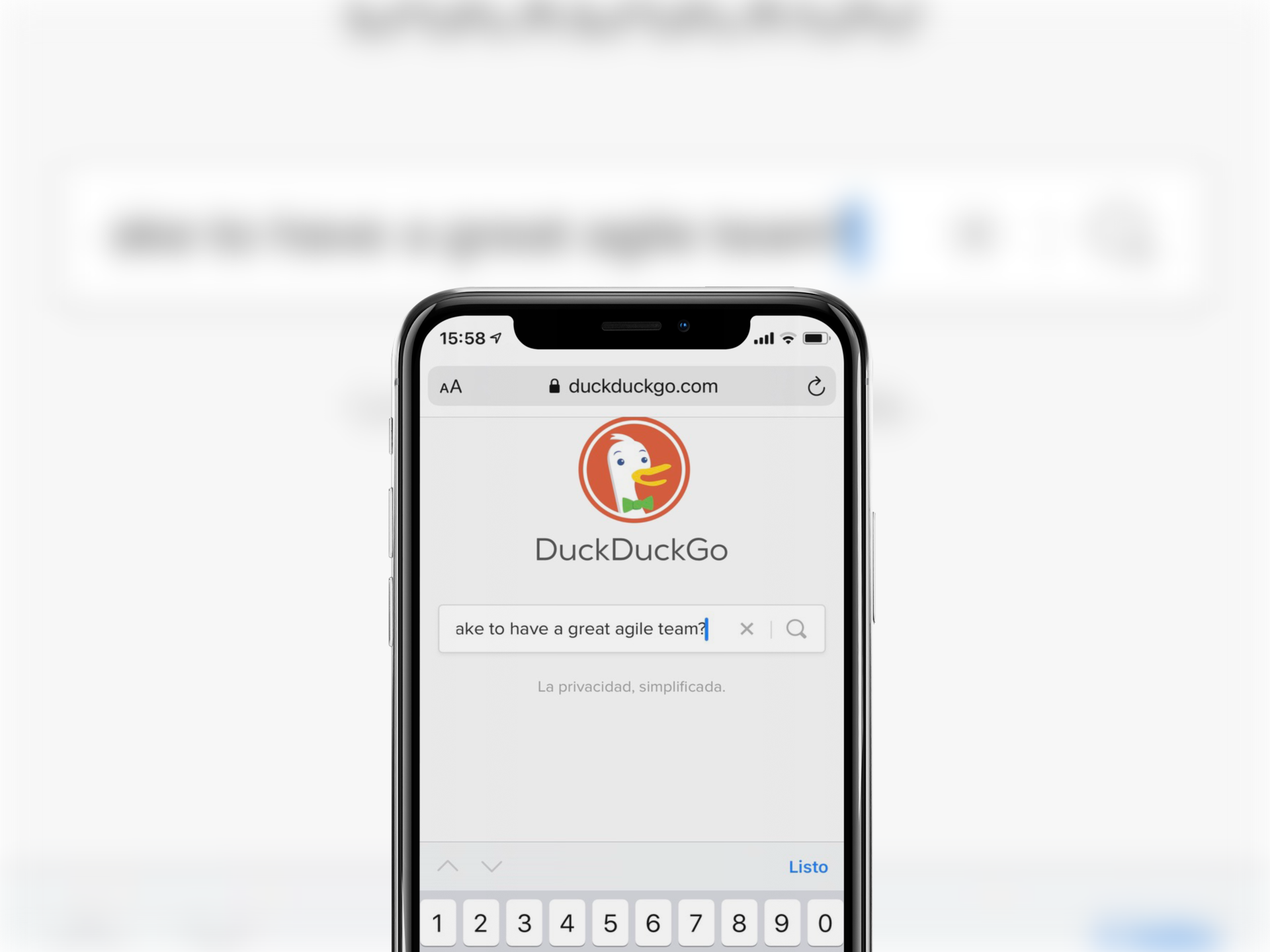
Photo by Mimi Thian on Unsplash
Conversation is a big part of human dynamics. How we talk, how we listen, how we communicate our intent: our interactions affect the emotional state of the people around us.
During their initial work defining the Core Protocols, Jim and Michele McCarthy focused on work teams. They studied the ways teammates communicate with each other. Their findings apply both inside and outside the workplace, to human group relationships in general. Many people have studied similar phenomena in different settings.
For example, a group of researchers at Harvard, led by Karen Huang, dug deeper into a specific component of conversations. They looked at question-asking to see how it relates to relationship building, to how much people like each other. They found that asking questions increases the attraction between people. The more questions you ask, the more your conversation partner likes you. And asking follow-up questions led to the strongest sense of liking your conversation partner. A follow-up question is when you repeat something your partner said and ask something related. When you do that, your partner feels like you heard them and you want to learn more.
Huang’s research caught my eye because of its relationship to my work on team building. It reminded me of both the Investigate protocol and Clean Language. The Investigate protocol is all about asking open questions, being curious, trying to get to know more about the person you’re talking with. Michele McCarthy sometimes calls it the “seduction protocol.” It’s seductive; it feels good when someone asks you questions about something you care about, when someone listens to you and asks you more. You feel connected to them.
Judy Rees, Caitlin Walker, and others in the Clean Language community have perfected this art of asking follow-up questions. Questions from the Clean Language practice, like
- “What else about X?”,
- “When X, what would you like to have happen?”, and
- “What happens just before X?”
show that you’ve heard what your partner said and that you care — you want to know more.
Huang’s team’s research ties it all together: when we engage in Investigate and Clean Language behaviors, we like each other more. The positive reinforcement causes us to feel more connected. Follow-up questions show that you’re interested in your partner’s answer. More importantly, they show that you’re interested in your conversation partner as a person. This is big talk, and big talk feels good. The researchers found that responsiveness was key. Asking follow-up questions deepens interpersonal connection. It shows “understanding, validation and care” for your conversational partner. That increased connection creates a strong, cohesive team. We’re aligned with each other on the things that are important to each of us individually and collectively.
I wasn’t born with these big talk skills, and I think that’s why this is so important and interesting to me. I’m not a natural at the art of conversation. I’ve been intentionally building my competence in this and other aspects of great teams. When I was a kid, I was happiest by myself, playing piano or writing code — I could go for days without talking to anyone. As an adult working on teams of software developers, I noticed the importance of great interactions. I studied, trained, and grew my interpersonal skills to be a good teammate and team leader. If I can do it — the kid who actively avoided people — you can do it, too.
Learning to listen actively and respond with fascination and enthusiasm is within the reach of most people. When you think about the settings in which it’s useful, the benefits are a powerful incentive. Never mind getting a date — how about getting a job, finding a professional mentor, or negotiating a great price on a major purchase? How about having the best relationships of your life, no matter where they happen?
Developing good connection skills is within your reach and well worth the time to master. The rewards include heightened emotional intelligence on both the individual and the group level. Want to learn more about this and about yourself? Try it yourself, and ask me for help any time.





